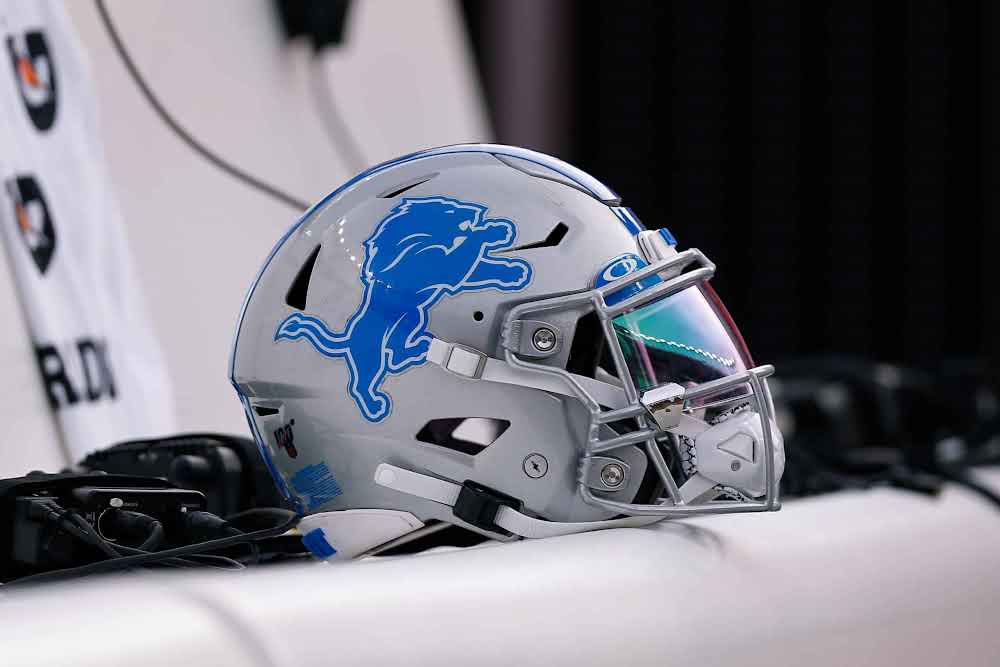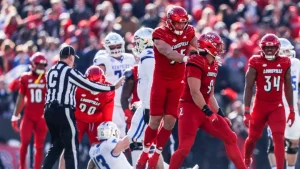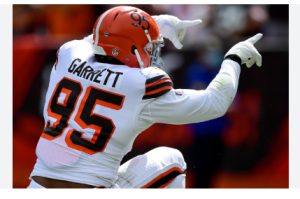
Jimmy Johnson cautions NFL coaches about using analytics to manage hurdles.

NEW DELHI: Analytics is becoming a byword for the artificial intelligence that drives on-field judgment. Unquestionably, the application of cutting-edge statistics and probability has changed strategy, but the recent NFC championship game has brought attention to the dangers that might arise when analytics take precedence over common sense.
Jimmy Johnson, a Hall of Fame coach and two-time Super Bowl champion with the Dallas Cowboys, voiced concerns about coaches using statistics too much.
Johnson noted that statistics can offer insightful information, but he also stressed that there are other factors to take into account in the complex and dynamic world of football.
Johnson told USA TODAY Sports, “Coaches use analytics as a crutch in some situations.” “There’s more that goes into it than analytics give you.”
A good illustration was the NFC championship game between the Detroit Lions and the San Francisco 49ers. There were serious consequences to Lions coach Dan Campbell’s choice to go for it on fourth-and-three rather than try a field goal. The 49ers took advantage of the situation and drove for a touchdown to increase their lead and eventually seal the victory.
While praising Campbell’s season-long performance, Johnson questioned the crucial choice, pointing out the non-tangible elements that analytics could miss. He made it clear that analytics don’t take into account things like the opponent’s strength, the playing field’s motion, or the players’ psychological effects.
Although commending Campbell’s overall season performance, Johnson raised doubts about the pivotal decision by highlighting the intangible components that statistical analysis might overlook. He made it abundantly evident that analytics do not account for factors such as the strength of the opposition, the motion of the playing field, or the psychological effects of the players.
Johnson issued a warning against ignoring the limitations of analytics as more teams in the NFL try two-point conversions and go for it on fourth downs. Even while the evidence might point to favorable outcomes in some situations, outcomes can still be impacted by psychological variables, human factors, and the unpredictable nature of the game.
“You’re going for it on fourth down, and if you don’t make it, that opponent now has a tremendous psychological lift,” Johnson stated. “And getting the ball at the same position through a kick is not as likely to result in a side scoring as it is after a fumble (on downs). due to the psychological boost.”







